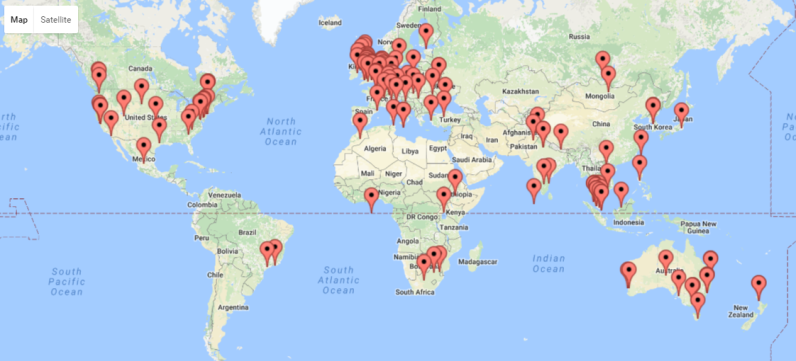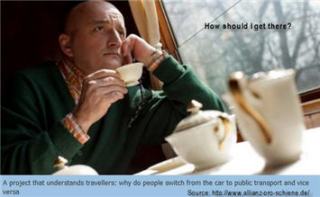
Who do you know who is giving these critical challenges of gender, equity and transport their consistent attention, place after place, year after year and measure after measure in . . . Afghanistan, Australia, Bangladesh, Benin, Botswana, Brazil, Cameroon, Canada, Colombia, Costa Rica, Ecuador, Ethiopia, France, Germany, Ghana, Hungary, India, Indonesia, Israel, Italy, Ivory Coast, Japan, Kenya, Lesotho, Madagascar, Malawi, Mexico, Mozambique, Namibia, Nepal, Netherlands, Niger, Nigeria, Norway, Pakistan, Peru, Philippines, Republic of the Congo, Rwanda, Senegal, Solomon, Islands, South Africa, Sri Lanka, Sudan, Sweden, Switzerland, Tanzania, Thailand, Timor-Leste, Tunisia, Uganda, United Kingdom, United,States, Vietnam, Zambia and Zimbabwe. And who talk to each other about it?
Have you heard about Gatnet? A community of practice and public policy program on Gender and Transport, addressing the problems of women, particularly Southern women and girls, facing the everyday reality of gender inequality in the transport sector. The program deals with specific problems in specific places in Africa, Asia and Latin America, both cities and in very poor outlying rural areas where safe and fair access is an enormous problem of day to day life, often falling especially hard on women and young girls.
Let’s have a look.
Continue reading →





















